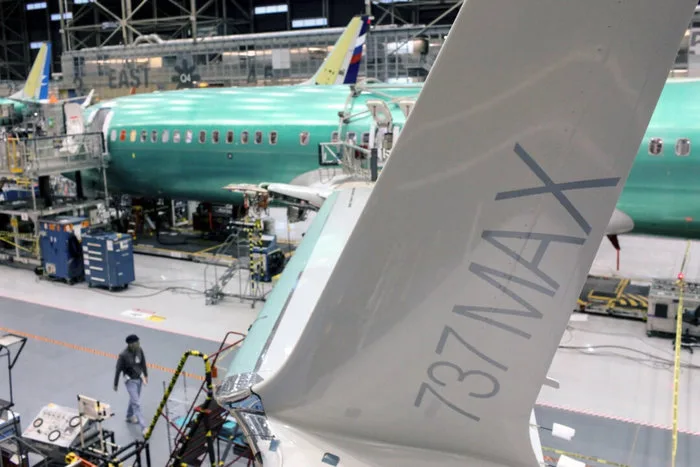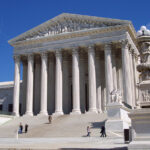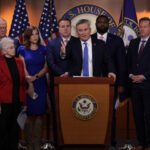By Arjun Singh
Chief Judge Reed O’Connor of the U.S. District Court for the Northern District of Texas on Nov. 6 dismissed a federal criminal case against The Boeing Company for crashes of its 737 MAX 8 model of commercial aircraft.
The prosecution stemmed from two air incidents—Ethiopian Airlines Flight ET302, which went down on March 10, 2019, and Lion Air Flight 610, which crashed on Oct. 29, 2018—which killed 346 passengers and crew.
The cause of those crashes, as acknowledged by Boeing, was an error in its automated flight control system that pushed the aircraft’s nose down during takeoff—errors that Boeing concealed from the Federal Aviation Administration (FAA) during the aircraft’s pre-certification inspections.
Boeing admitted fault to these charges in a “Non-Prosecution Agreement” (NPA) reached with the U.S. government during the first Trump administration and pledged to make certain changes to ensure greater safety, following which the government sought to dismiss the charges.
Members of the families of victims in those crashes, many of them foreign nationals, had sought to continue the prosecution and have a special prosecutor appointed, a request denied by the court.
“Some of the victims’ families oppose this action, and others support it … [the opponents’] argument that the government’s agreement in this case is contrary to public interest, while compelling, cannot justify denying leave to dismiss,” wrote O’Connor in his memorandum accompanying the order to dismiss the case.
The victims’ families had argued that the NPA was insufficient to ensure Boeing’s safety lapses were addressed in the future.
O’Connor appeared to agree with these concerns, even as he acknowledged that the law required dismissal in this case and that the court could not second-guess the government’s policy judgments.
“It does not even pretend to address the need for a truly independent compliance monitor given Boeing’s troubling history … the [victims’ families] are correct that this agreement fails to secure the necessary accountability to ensure the safety of the flying public,” wrote O’Connor.
In one passage, he wrote: “In summary, the government’s position in this lawsuit has been that Boeing committed crimes sufficient to justify prosecution … but now [it believes] Boeing will remedy that dangerous culture by retaining a consultant of its own choosing.”
The two flights mentioned in this case are among several crashes and incidents involving the 737 MAX.
Two U.S. flights—Alaska Airlines Flight 1282 and Southwest Airlines Flight 746, both in 2024—also involved issues with the aircraft, including one door plug blowing out mid-flight. The planes did not crash, and no fatalities occurred.
After the fatal crashes, several U.S. airlines grounded their fleets of Boeing 737 MAX aircraft, though they have since been permitted to fly.
The Boeing Company, a prime U.S. defense contractor, has faced significant criticism for its safety, financial issues, and workers’ rights in recent years.
The coalition of victims’ families seeking the prosecution involved people from a variety of countries, including France, Ireland, and Canada.
Several U.S. citizens are represented among the coalition.
Their attorney, former U.S. District Judge Paul Cassell, did not immediately respond to a request for comment.






